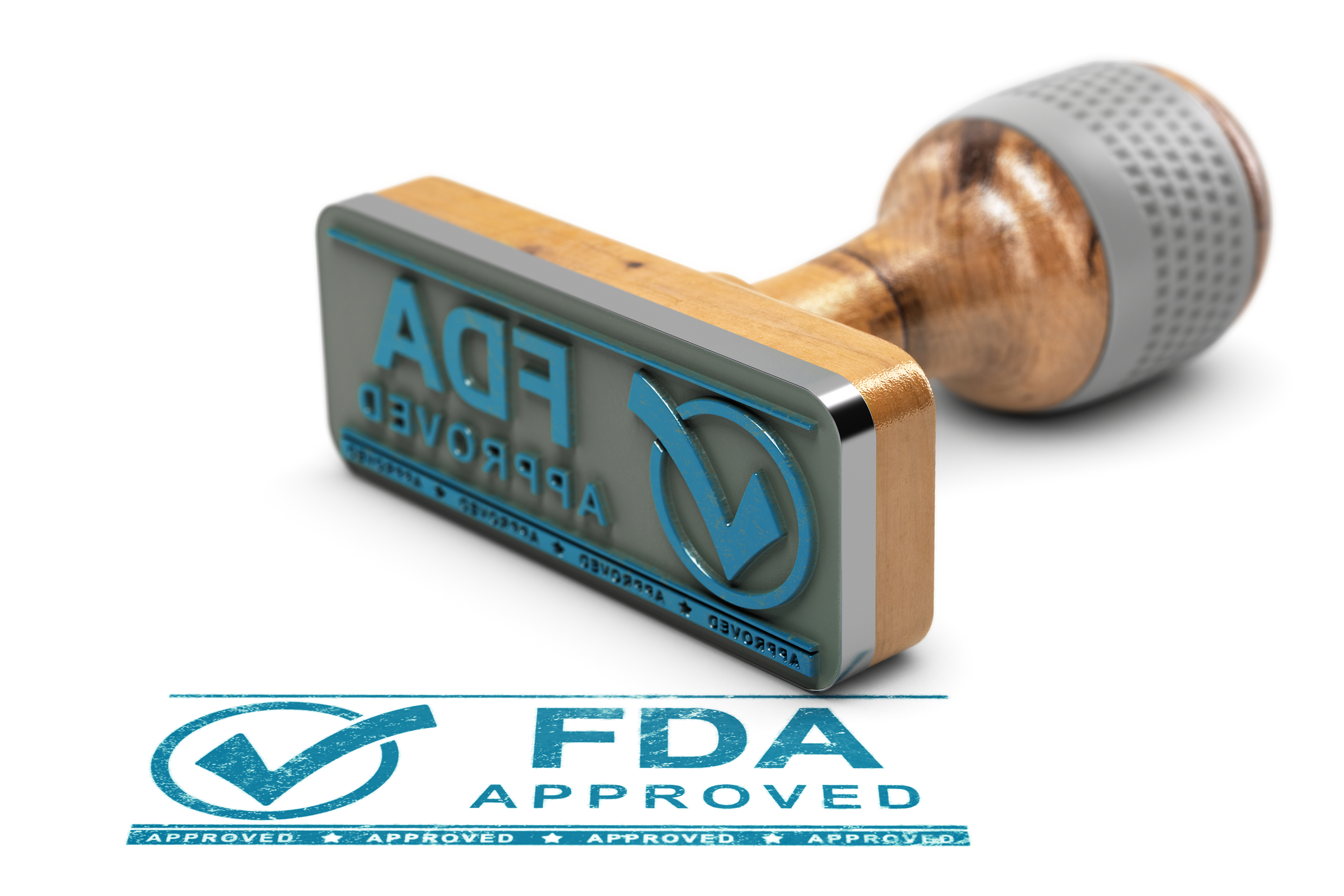A New Sheriff in Town: Enter Pennsylvania’s Proposed Cannabis Regulatory Control Board

Welcome back to Legally Grown’s weekly series, where this week we dissect the intricacies of Senate Bill 846. Sponsored by Senators Sharif Street (D-Philadelphia) and Dan Laughlin (R-Erie), this pivotal legislation aims to legalize recreational cannabis in Pennsylvania. At the heart of this transformation lies the proposed Cannabis Regulatory Control Board (the “Board”), poised to become for cannabis what the Pennsylvania Liquor Control Board is for alcohol. Here’s a quick look at what you should know about this proposed major player in the Pennsylvania cannabis world.
Understanding the Board’s Structure and Role
Who Makes the Board?
The intent is for a bipartisan Board appointed by various Pennsylvania political leaders. The governor and legislative leaders like the president pro tempore, the speaker of the house, and the minority leaders of both the Pennsylvania State Senate and the House of Representatives are responsible for the initial selection. And time is of the essence—these appointments must be completed within a 90-day window. Then each nominee must successfully pass a background check within a month.
Who Can Serve?
Those with felony convictions need not apply, with a notable exception for cannabis-related offenses. Serving on the Board is a full-time commitment, featuring salaried positions with term lengths varying between 2 and 7 years. The governor is specifically required to appoint at least one member experienced in assisting individuals with drug convictions to reenter the workforce, and who has worked in communities disproportionately impacted by the War on Drugs.
What Does the Board Do?
The Board’s mandate is robust. Beyond the administrative task of issuing permits, the Board will also develop social equity programs, hold public hearings, and oversee compliance measures. In essence, it’s positioned to be a crucial orchestrator in shaping Pennsylvania’s nascent cannabis market.
The Legal and Operational Blueprint
The Board will function as an independent entity and must adhere to existing state laws such as the State Adverse Interest Act and the Right-to-Know Law (with limited exceptions related to patient data and employee information, along with all other applicable Right to Know exemptions and privileges). The Board will manage its own budget and staff, including an executive director and a chief medical officer with specialized healthcare and cannabis experience.
Regulatory Guidelines and Penalties
Should Senate Bill 846 pass, the Board is expected to roll out temporary regulations within 180 days. Existing medical cannabis organizations will then have another 6 months to comply.
Importantly, non-compliance with the proposed cannabis laws and the Board’s regulations comes with a hefty price tag—a civil penalty up to $10,000 per violation, with each day counted as a distinct offense.
The Cannabis Business Development Fund
One of the Bill's optimistic proposals is the establishment of a Cannabis Business Development Fund. Primarily financed through revenues generated from the Bill, the fund aims to foster social and economic equity within the cannabis industry. Its strategy includes grants, loans, and job training for qualified applicants—a topic we will delve into more deeply in next week’s blog.
The Takeaway
Much as the Pennsylvania Liquor Control Board governs and promulgates alcohol regulations, the proposed Cannabis Regulatory Control Board promises to be the chief regulator for Pennsylvania’s cannabis industry, overseeing everything from governance to compliance. Whether you're a budding entrepreneur, an investor, or just someone interested in cannabis, this is a development you'll want to monitor closely.
For information about national and state cannabis law matters and regulatory compliance, please contact our Cannabis Law Practice Group attorneys: William J. Beneduce, Esquire (wjbeneduce@norris-law.com) or Benjamin P. Sheppard, Esquire (bsheppard@norris-law.com), or contact our offices at (908) 722-0700.




